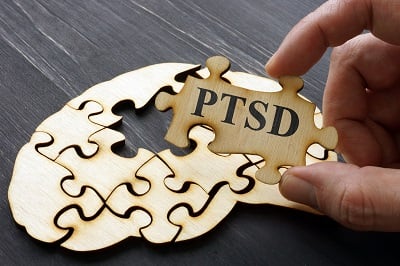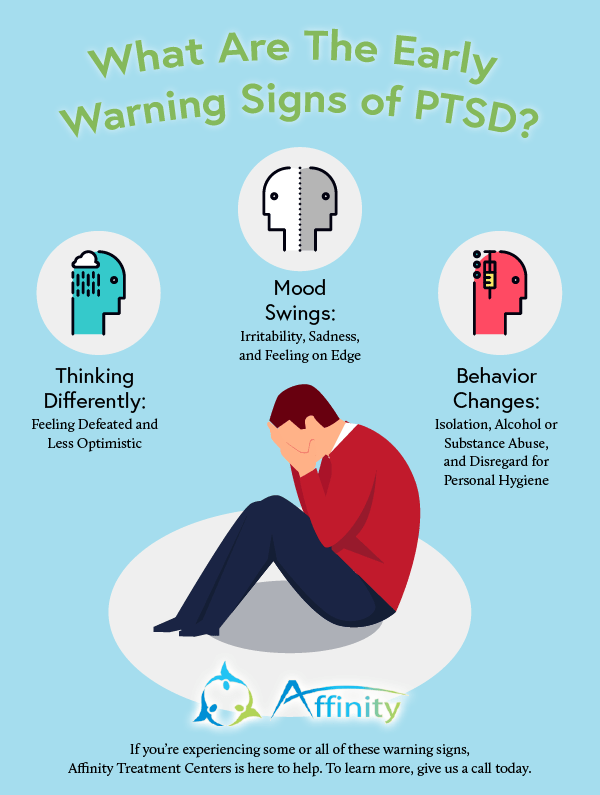

Rewind Therapy for Trauma and PTSD
Rewind Therapy was first introduced into the literature of Post Traumatic Stress Disorder by Dr.David Muss (founder of this association) back in 1991; “A new technique for treating Post Traumatic Stress Disorder”. British Journal of Clinical Psychology, 1991, 30,91-92. 19 policeman with PTSD were treated with the Rewind and followed for two years. All reported being well, returned to work and there wasn’t a single relapse.
The rewind technique originated from NLP (Neuro Linguistic Programming) and is also known as the Visual Dissociation technique. Rewind therapy can help reduce or in some cases remove the following PTSD symptoms within a short period of time (from the same day the client had a therapy up to a months time)
- Flashbacks
- Intrusive thoughts or pictures/images
- Repeated Nightmares
It can be used for phobias such as fear of dogs, needles, flying for example
One-time traumatic incidents.
Such as a car accident, trip or road incident or any one particular traumatic event/memory which might require a set of sessions for the specific event.
Or it can be used for more complex multiple trauma such as:
1) Sexual abuse
2) Mental / domestic abuse /traumas
3) Recovery from a traumatic separation /divorce
4) Being a witness to something tragic or shocking
The Rewind is different from other imaginal exposure therapies because no details are disclosed to the therapist. Hence the treatment is known as “closure without disclosure”
The benefits of non disclosure include:
- Minimizing the risk of the client being re-traumatized.
- There is no fear of disclosing sensitive information e.g. In the case of servicemen, for example, about deployment.
- For survivors of rape and sexual abuse the benefit of not having to disclose details of the event to a stranger is self-evident
The Rewind offers a way of permanently stopping the involuntary recall by filing the traumatic event so it comes under control. Voluntary recall remains.
FOR SINGLE EVENT TRAUMAS, two to three sessions are likely to be required.
FOR MULTIPLE EVENT TRAUMAS, such as: combat, sexual abuse; domestic violence; etc. each traumatic event can be dealt with separately over separate sessions but, depending on the way the involuntary recall represents, can also be dealt with in one session.
Please don’t hesitate to book an initial assessment appointment with me to explore if this treatment is suitable and if so, how many sessions might be required.
If you feel you can benefit from our services
Everyone welcome, face to face and online sessions available.
Location. Nookin 48 Leeds Road Oulton LS26 8JY near to Rothwell, Garforth, Castleford, Wakefield,
close to motorway, on bus routes, free parking.
Click the link below to get directions to the our location at LS26
https://what3words.com/headliner.stage.waistcoat
Also face to face sessions available Headingley Leeds 6.
